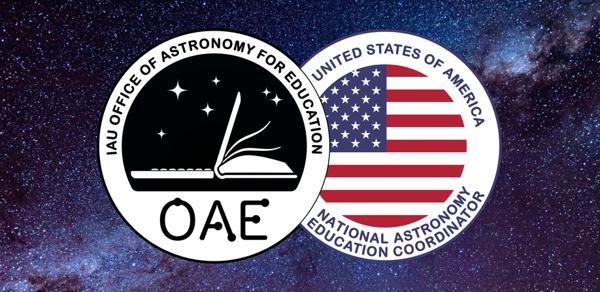Glossary term: Time Zone
Description: A time zone is a region where a uniform standard time is used. Our measures of time are linked to Earth's rotation. In particular, the moment of noon is linked to the Sun's highest position in the sky. Local noon strongly depends on longitude: An observer located eastward of another observer will see the Sun rise, and reach noon, earlier. All locations at the same longitude have the same moment of local noon, so in principle, we could define a common measure of time for all those locations. In practice, a common time is defined for a segment of longitude or for a country or a region of a country. For most locations, local noon will be close to, but slightly before or after the time zone's official noon. In this scheme, differences in official time almost always amount to an integer number of hours (although some defined time zones deviate from this scheme by, say, half an hour).
Related Terms:
See this term in other languages
Term and definition status: This term and its definition have been approved by a research astronomer and a teacher
The OAE Multilingual Glossary is a project of the IAU Office of Astronomy for Education (OAE) in collaboration with the IAU Office of Astronomy Outreach (OAO). The terms and definitions were chosen, written and reviewed by a collective effort from the OAE, the OAE Centers and Nodes, the OAE National Astronomy Education Coordinators (NAECs) and other volunteers. You can find a full list of credits here. All glossary terms and their definitions are released under a Creative Commons CC BY-4.0 license and should be credited to "IAU OAE".
If you notice a factual error in this glossary definition then please get in touch.








